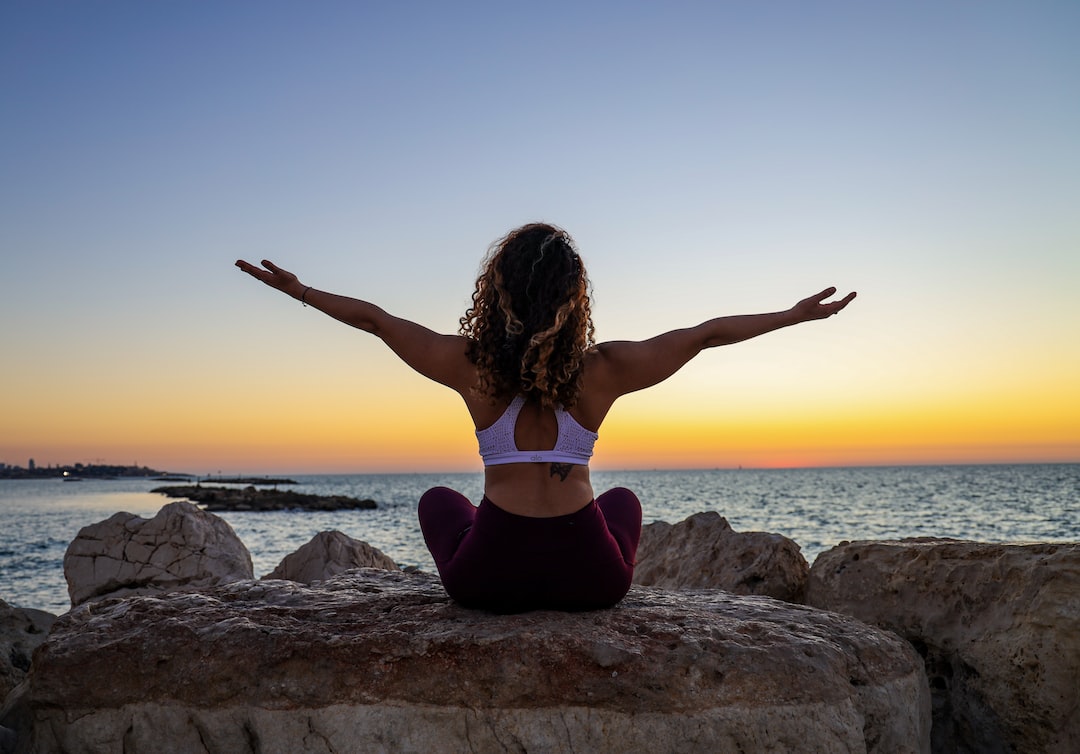Unlock Your Full Potential : How Doing Less Is The Secret To Achieving More
Are you feeling overwhelmed by all the tasks and commitments that compete for your attention each day? Are there days when it seems impossible to keep up with your demanding schedule and work? If so, then you are not alone! The reality is that many of us have become adept at pushing ourselves beyond our limits to get things done. In doing so however, we risk burnout or even worse - long-term negative health implications if we don't take time out for restorative downtime.
The importance of recovery isn't necessarily new but it's often overlooked. Why is it that we seem to miss this step in our recovery aka performance strategy? In conversations that I have with many of my clients and retreat guests the idea of recovery doesn't seem significant enough to prioritise amongst the multitude of other daily to do's. In fact I often hear, "I'm not very good at doing nothing" or "I feel bad for doing nothing". Have we become so accustomed to pushing our limits, we have forgotten how to embrace recovery?
Perhaps this reframe might help. Recovering is far from doing nothing. It's actively allowing yourself time and space to reset, refuel and recover so that you can unlock your full potential. A burnout is like a flat tyre - it's impossible to go anywhere until it has been replaced or repaired. So preventing burnout, through healthy recovery practices, is your best strategy in avoiding that point when your body or mind forcefully says to "Enough!" stopping you in your tracks...and always at the most inappropriate times I might add!!
There are many types of recovery strategies one can implement in their lives. Here are ten to get you started:
These strategies are just the beginning of what we can do to help us recover from burn out or stress. There is no one-size fits all approach but by taking the time to experiment with what works for you, it's possible to find ways that help us to restore balance and wellbeing. Don't feel like you need to all of these at once. Choose one to begin, the one that seems the most attractive to you and begin there.
Remember, it's OK to take a break when you need to and be gentle with yourself - recovery is not linear and that's ok! It's important to recognise when we need some respite and honour this need. Making time for rest and relaxation is an essential part of the process in order to restore our balance.
On a final note, if you have a sense that your lack of recovery is related to an avoidance of certain thoughts or feelings or perhaps that your own sense of self worth or expectations on yourself contribute to your inability to take some time out, then nurturing your relationship with yourself might be worth exploring. As a coach, I address these topics frequently and it is really inspiring to watch the transformation in someone who was previously compromising their own health and happiness to feeling confident in making time for themselves and consequently also enjoying their life with others more.
At the end of the day recovery is an individual journey and everyone will have different needs. If we take a step back and learn how to listen to our own inner wisdom, it's possible to find the right balance for us.
Thanks for reading and I hope these strategies help you on your recovery journey!
With love
Sharon! 🙂
Author's Disclaimer: This article is intended as a guide only. It is not intended to replace medical advice or diagnosis. Please consult with a qualified medical professional if you have any concern about your health or wellbeing. Thank you!
